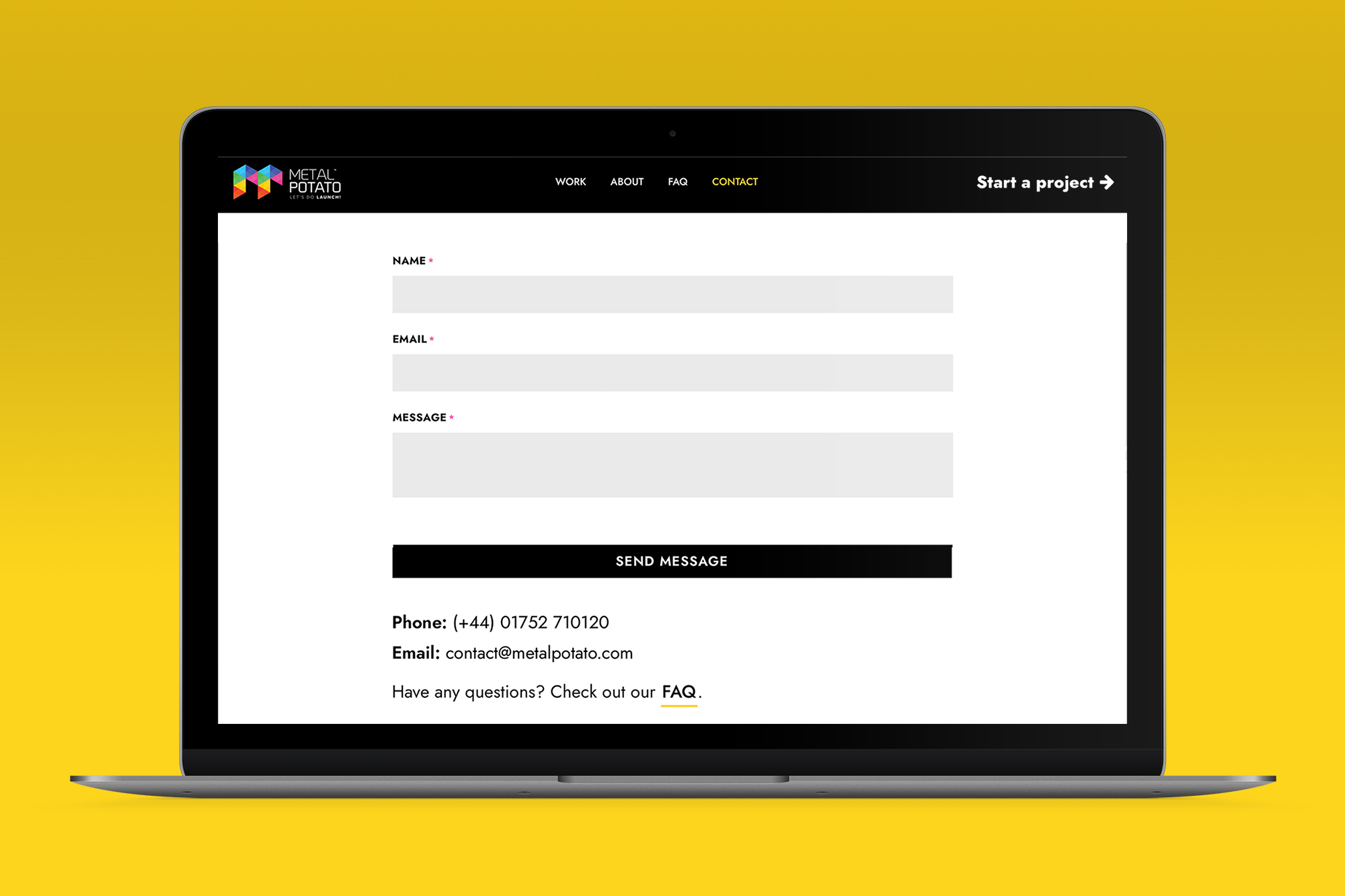As a website owner, you may think that slow and steady wins the race when it comes to website development and optimisation. However, this approach doesn’t always work, especially when it comes to website load speed. Website load speed is the time it takes for a web page to load fully, and it has a significant impact on search engine optimisation (SEO) and user experience. In this article, I will explore the importance of website load speed for SEO, how it affects user experience, and how you can improve it to avoid losing potential customers.
Introduction to website load speed and SEO
Website load speed is crucial for website owners because it affects two main factors: user experience and SEO. If your website takes too long to load, users will be annoyed and may leave your website before it even finishes loading. This leads to a high bounce rate, which is a negative signal to search engines. A high bounce rate signals to search engines that your website is not providing the user with the information they need, and as a result, it may lower your website’s search engine rankings.
SEO determines how visible your website is to search engines and how high it ranks in search engine results pages (SERPs). If your website is not optimised for search engines, it will not rank well in SERPs, and as a result, you will not receive the traffic you need to generate leads and sales. Website load speed is one of the factors that search engines use to determine the quality of your website.
How website load speed affects user experience
Website load speed affects user experience in several ways. Users today are accustomed to fast-loading websites, and they expect websites to load quickly. If your website takes too long to load, users will become impatient and may leave your website before it even finishes loading. This leads to a high bounce rate, which is a negative signal to search engines.
Website load speed also affects user engagement. If your website takes too long to load, users will not engage with your website. They will not read your content, watch your videos, or browse your products. This leads to a low average time on site, which is another negative signal to search engines. Search engines assume that if users are not spending time on your website, your website is not providing them with the information they need, and they will lower your website’s rankings.
Lastly, website load speed affects user satisfaction. Users expect websites to load quickly, and if your website takes too long to load, they will become dissatisfied with your website. This leads to negative reviews, which can hurt your business.
The impact of website load speed on search engine rankings
Website load speed is a critical factor that affects search engine rankings. Search engines want to provide their users with the best possible user experience, and they assume that websites with fast load speeds offer a better user experience than websites with slow load speeds. If your website takes too long to load, search engines may assume that your website is not providing a good user experience, and they will lower your website’s rankings.
Search engines also use website load speed as a ranking factor because it affects user engagement. If your website takes too long to load, users will not engage with your website, which leads to a low average time on site. A low average time on site is a negative signal to search engines because it signals that users are not finding what they are looking for on your website. As a result, search engines may lower your website’s rankings, which leads to a decrease in traffic and sales.
How to Improve Website Load Speed
Improving website load speed is essential for website owners who want to avoid losing potential customers. There are several ways to improve website load speed:
- Minimise HTTP requests: HTTP requests are requests that a browser makes to a server to download files. The more HTTP requests your website makes, the slower your website will load. To minimise HTTP requests, you can combine files, remove unnecessary files, and use CSS and JavaScript files that are smaller in size.
- Optimise images: Images are one of the main factors that slow down website load speed. To optimise images, you can compress them, reduce their file size, and use proper file formats (JPEG, PNG, GIF). You can also use lazy loading, which loads images only when they are needed.
- Use a content delivery network (CDN): A CDN is a network of servers that are distributed around the world. When a user visits your website, the server closest to the user will serve the content, which leads to faster load times. Using a CDN can significantly improve website load speed.
- Enable browser caching: Browser caching is a technique that allows browsers to store website data (images, CSS files, JavaScript files) in a cache. When a user revisits your website, the browser can load the website faster because it already has some of the website’s data stored in a cache.
- Use a fast web host: Your web host plays a significant role in website load speed. If your web host’s server is slow, your website will also be slow. To avoid this, choose a web host that uses fast servers and has a good reputation. Metal Potato offers lightening fast hosting through our managed WordPress hosting service, Potato Care.
Tools to measure website load speed
There are several tools that you can use to measure website load speed:
- Google PageSpeed Insights: Google PageSpeed Insights is a free tool that analyses your website’s load speed and provides recommendations on how to improve it.
- GTmetrix: GTmetrix is a free tool that analyses your website’s load speed and provides recommendations on how to improve it. It also provides a detailed report on your website’s performance.
- Pingdom: Pingdom is a paid tool that analyses your website’s load speed and provides recommendations on how to improve it. It also provides a detailed report on your website’s performance.
Common mistakes that slow down website load speed
There are several common mistakes that website owners make that slow down website load speed:
- Using too many plugins: Plugins can slow down your website because they add extra code to your website. To avoid this, only use essential plugins and make sure they are up to date.
- Using too many ads: Ads can slow down your website because they add extra code to your website. To avoid this, only use essential ads and make sure they are optimised.
- Not compressing files: Files that are not compressed can slow down your website because they take longer to download. To avoid this, compress your files (images, CSS files, JavaScript files) using compression tools.
The future of website load speed and SEO
Website load speed will continue to be an essential factor for SEO in the future. As more users access the internet through mobile devices, website load speed will become even more critical. Mobile devices have slower internet speeds than desktop computers, which means that websites that load quickly on desktop computers may load slowly on mobile devices. As a result, website owners will need to optimise their websites for mobile devices to avoid losing potential customers.
Struggling to get your page load speed under control? Give us a shout to put your company on the track to a mobile-friendly website right now. Got questions? Dive into our FAQs and learn more about Metal Potato.
Let's make a website!
Book a FREE video call to discuss your business, project strategy, and more!
"*" indicates required fields
More from Metal Potato
How to Write SEO Content That Converts
How to craft SEO content that climbs rankings! Strategies for keyword targeting, readability, and engaging writing techniques.
Contact Page Design: A Blueprint for Success
Learn how to optimise your contact page for better engagement and conversions with expert tips and inspiring examples.
Why Your Website Isn’t Showing Up on Google
Discover why your website isn't showing up on Google and learn actionable solutions to boost your visibility!
How Google Remarketing Rescues Lost Customers
Revive lost leads with Google Remarketing! Target engaged visitors, boost ROI with personalised ads across Google platforms.
Unmasking SEO Scams and Safeguarding Your Website
Guard your business against SEO scams! Uncover deceitful tactics, red flags, and empower your online success with our tips.
How Often Should You Blog?
Optimise your blog's success with the perfect posting frequency! Learn to balance consistency, quality, and engagement for organic growth.






